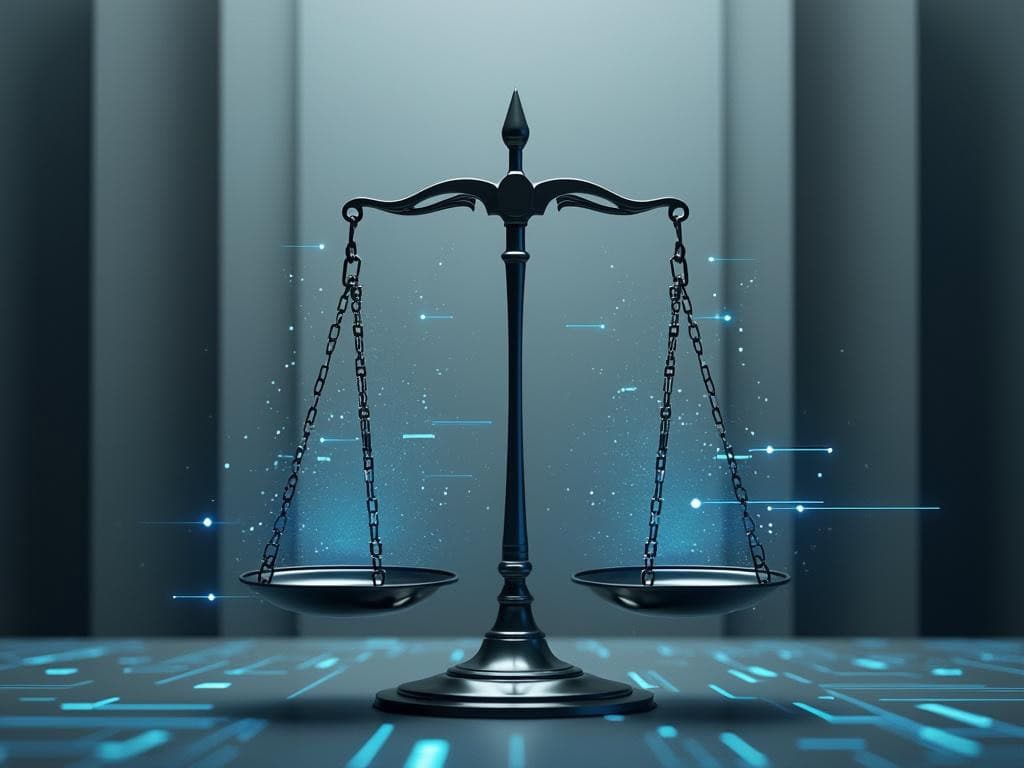Meta’s Landmark Copyright Ruling: A Game Changer for AI Training Data Acquisition

Meta Wins Landmark Copyright Case Over AI Training Data
Meta secured a significant legal victory as a federal judge ruled the company did not violate copyright law when using protected works to train its artificial intelligence models. The ruling marks a pivotal moment in defining how artificial intelligence is transforming modern business practices.
Federal Judge Vince Chhabria determined Meta's use of copyrighted materials qualifies as "transformative" under fair use doctrine, setting a precedent that could reshape how AI companies approach training data acquisition.
Legal Implications and Reasoning
The case, brought by several authors including comedian Sarah Silverman in 2023, challenged Meta's use of copyrighted books in training its language models. Judge Chhabria's ruling hinged on the distinction between Meta's intended use and the original purpose of the works.
"The purpose of Meta's copying was to train its LLMs, which are innovative tools that can be used to generate diverse text and perform a wide range of functions," the judge stated in his ruling. He contrasted this with the plaintiffs' books, which were created for entertainment or education.
However, the judge noted important caveats, suggesting that individual creators might succeed in similar cases if they can demonstrate specific market harm from AI replication of their work. This aligns with ongoing discussions about potential risks and challenges of AI implementation in business.
Impact on AI Industry
The ruling aligns with another recent decision favoring Anthropic in a similar case, potentially establishing a pattern for how courts may approach AI training data disputes. These decisions suggest AI companies may continue using copyrighted materials under fair use provisions, provided their intent isn't to create competing works.
The implications extend beyond legal considerations, as businesses explore practical applications of artificial intelligence in their operations.
Future Implications
While this ruling favors tech companies, it highlights the need for updated copyright laws addressing AI technology specifically. The decision leaves room for future cases that better demonstrate market impact and suggests the legal framework around AI and copyright will continue evolving.
According to the U.S. Copyright Office's stance on AI and copyright, AI-generated works cannot receive copyright protection, adding another layer of complexity to these legal considerations.
For content creators and businesses alike, this ruling emphasizes the importance of understanding both the opportunities and limitations of AI technology in creative industries. The decision will likely influence future policy discussions and business strategies regarding AI development and implementation.

